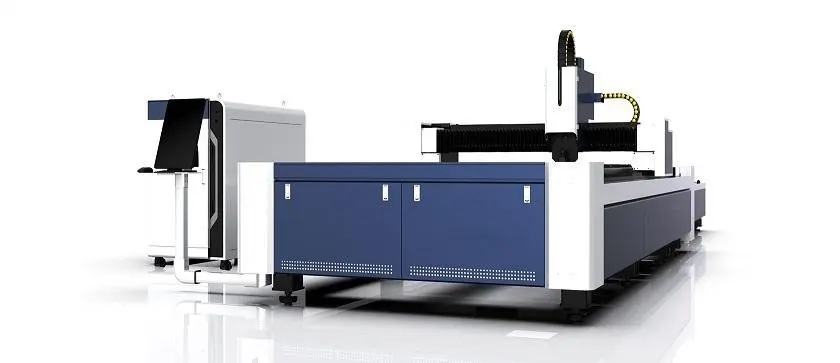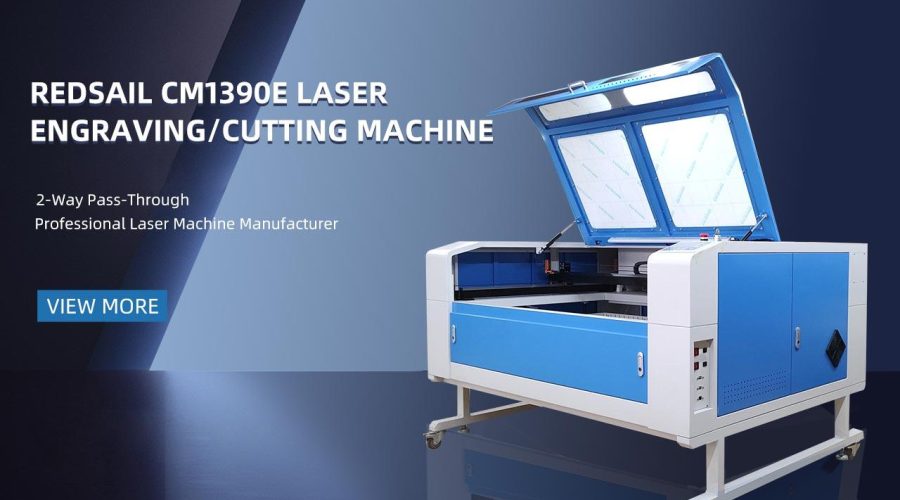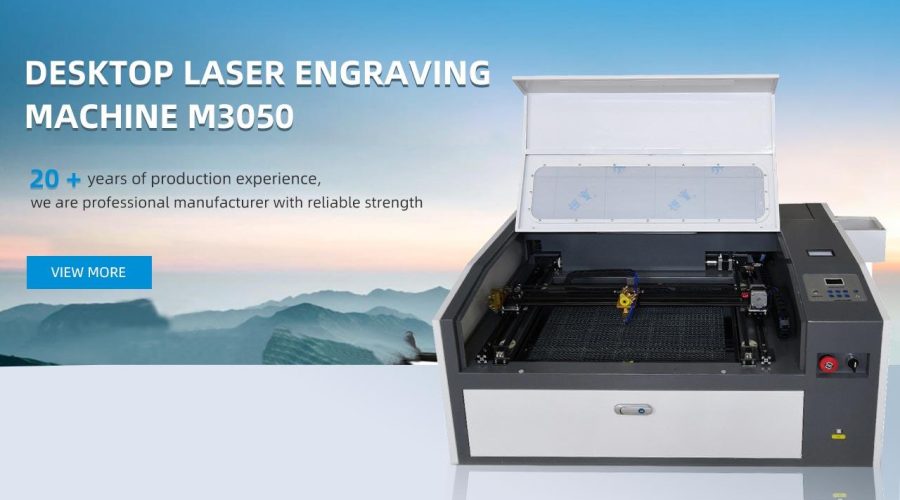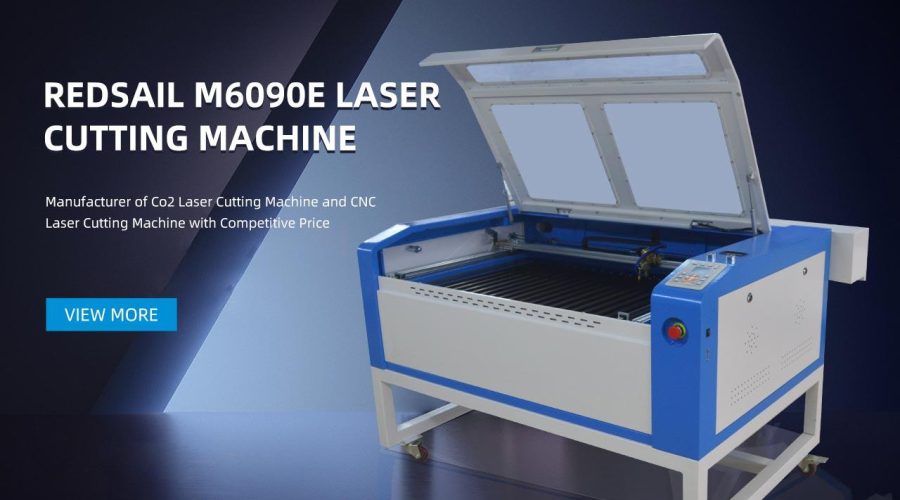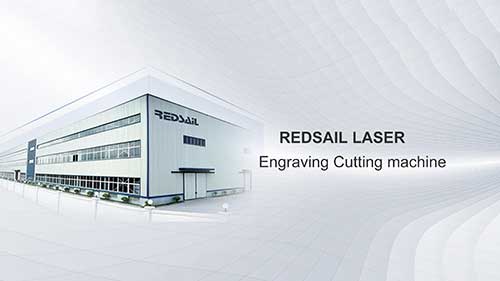Best Applications and Advantages of CO2 Laser Cut Kapton: Exploring the What, Why, and How
Introduction
Kapton is a polyimide film known for its excellent thermal stability and electrical insulation properties. It has become a popular material in various industries due to its unique characteristics. One efficient way to shape and process Kapton is through laser cutting using a CO2 laser. In this article, we will delve into the best applications and advantages of CO2 laser cut Kapton and explore the what, why, and how behind its usage.
Applications of CO2 Laser Cut Kapton
CO2 laser cut Kapton finds extensive use in a wide range of industries. Here are some of its prominent applications:
Electronics Industry
Due to Kapton’s exceptional electrical insulation properties, it is commonly used in the electronics industry. CO2 laser cutting enables precise and intricate patterns, making it ideal for manufacturing flexible printed circuit boards (PCBs), membrane switches, and other electronic components.
Aerospace Industry
Within the aerospace industry, Kapton is employed in applications requiring lightweight and high-temperature resistance materials. CO2 laser cutting ensures clean cuts and minimizes heat-affected zones, making it suitable for fabricating thermal blankets, insulation components, and aerospace gaskets.
Automotive Industry
The automotive industry extensively uses Kapton in wiring harnesses, sensors, and electronic control systems. The precision of CO2 laser cutting allows for intricate designs and accurate dimensions, enabling efficient production of automotive components using Kapton.
Medical Industry
Kapton’s biocompatibility, chemical resistance, and thermal stability make it an excellent material for medical applications. CO2 laser cut Kapton is often employed in medical devices, catheters, and surgical instruments.
Solar Energy Industry
Kapton’s ability to withstand high temperatures and ultraviolet radiation makes it suitable for solar energy applications. CO2 laser cutting provides precise and clean edges, facilitating the manufacturing of solar panels and flexible photovoltaic cells.
Advantages of CO2 Laser Cut Kapton
Laser cutting Kapton using a CO2 laser comes with numerous advantages:
Precision and Accuracy
CO2 laser cutting ensures precise and accurate cuts regardless of the complexity of the design. It enables the production of intricate shapes without compromising the quality or material integrity.
High Speed and Efficiency
CO2 laser cutters are incredibly fast, enhancing productivity and reducing production time. The speed and efficiency of the process make it suitable for large-scale manufacturing operations.
No Contact Cutting
CO2 laser cutting is a non-contact process, eliminating the need for physical force or tooling. The absence of mechanical pressure minimizes the risk of damage to the delicate Kapton material.
Clean and Accurate Edges
Laser cut Kapton produces clean and precise edges without fraying or charring the material. This ensures high-quality cuts, reducing the need for additional refining or post-processing.
Minimal Heat-Affected Zone
CO2 laser cutting generates minimal heat, resulting in a narrow heat-affected zone. This prevents thermal damage to the surrounding material and maintains the integrity of the Kapton film.
FAQs
1. Can Kapton be cut using methods other than CO2 laser cutting?
Yes, Kapton can be cut using other methods such as die cutting, knife cutting, and water jet cutting. However, CO2 laser cutting offers several advantages like precise results, no physical contact, and minimal heat-affected zones.
2. What makes Kapton an ideal material for electronics?
Kapton possesses excellent electrical insulation properties, high-temperature resistance, and chemical stability. It can withstand extreme temperature variations without compromising its integrity, making it suitable for electronic applications.
3. Is CO2 laser cutting suitable for all thicknesses of Kapton?
CO2 laser cutting can effectively cut Kapton films ranging from extremely thin to relatively thick materials. However, specific adjustments in laser power, speed, and focus may be required based on the material thickness to achieve optimum results.
4. Can Kapton be used in harsh environments?
Yes, Kapton demonstrates exceptional resistance to harsh environments, including high temperatures, chemicals, and radiation. This resilience makes it a preferred choice in industries that require materials with long-term durability.
5. Are there any limitations to CO2 laser cut Kapton?
While CO2 laser cut Kapton offers numerous advantages, there are some limitations. It may not be suitable for cutting highly reflective or metallic-coated Kapton films. Additionally, the initial setup costs for CO2 laser cutting equipment may be significant for small-scale operations.
In conclusion, CO2 laser cut Kapton offers excellent precision, speed, and efficiency, making it invaluable in industries ranging from electronics to aerospace. Its unique properties and the advantages of CO2 laser cutting place it at the forefront of material processing methods, ensuring high-quality and accurate fabrication.

